Each year, PDX Women in Tech (PDXWIT) conducts the State of the Community survey to capture data about the tech industry. Our goal is to quantify the depth and breadth of lived experience for people working in tech and identify specific challenges that must be addressed in our collective journey towards equity in the workplace.
There was a lot going on when we administered the survey this year: A global pandemic — one that disproportionately affects Black, Indigenous and People of Color (BIPOC) — record levels of unemployment, and increased direct action for racial justice. In hindsight, answering survey questions around compensation preferences, work-life balance and general job satisfaction was understandably a low priority compared to the very real and present challenges our collective community – and country – was facing. We predicted that the macro context overwhelming everyone would affect the responses and outcomes of the survey, but we should have reconsidered our entire survey approach for 2020.
Ultimately in 2020, we saw a dramatic drop in the number of survey responses -1138 compared to 5186 in 2019 - and a significant decline in the diversity of participants. While it took a monumental amount of effort to glean insights amid the statistical anomalies in this year’s data, people’s desire to be heard was unquestionably clear. We saw glimmers of hope that the tech industry seems to be making forward progress on a few fronts. We also identified many patterns and narratives that should inspire both PDXWIT and the tech community at large. Here is a summary of our findings and the actions our organization will take as a result.
Terms:
Share this data broadly, reference it often, and join our movement.
My company is 80% older white males. I am the only person under 30 at my company, the only Asian American, and 1 of 4 women at the company. Tone-deafness and inappropriate remarks are common.
A higher rate of cis men respondents were C-level execs (compared to cis women) and senior leaders (compared to non-cis people). A significantly higher porportion of cis women were middle managers compared to cis men. Survey respondents who are not LGBTQ+ reported roles in senior leadership at significantly higher rates than LGBTQ+ identifying folks; LGBTQ+ respondents were team leaders or front-line managers at higher rates than non-LGBTQ+ respondents.
We are just starting with a D&I initiative and I already feel it veering off course. I'm not sure the leadership is up to the task of self-examination and the only Black executive at the company just quit, so that does not bode well.
Folks in the 55-64 age range were employed full-time at a significantly lower rate than their younger counterparts.
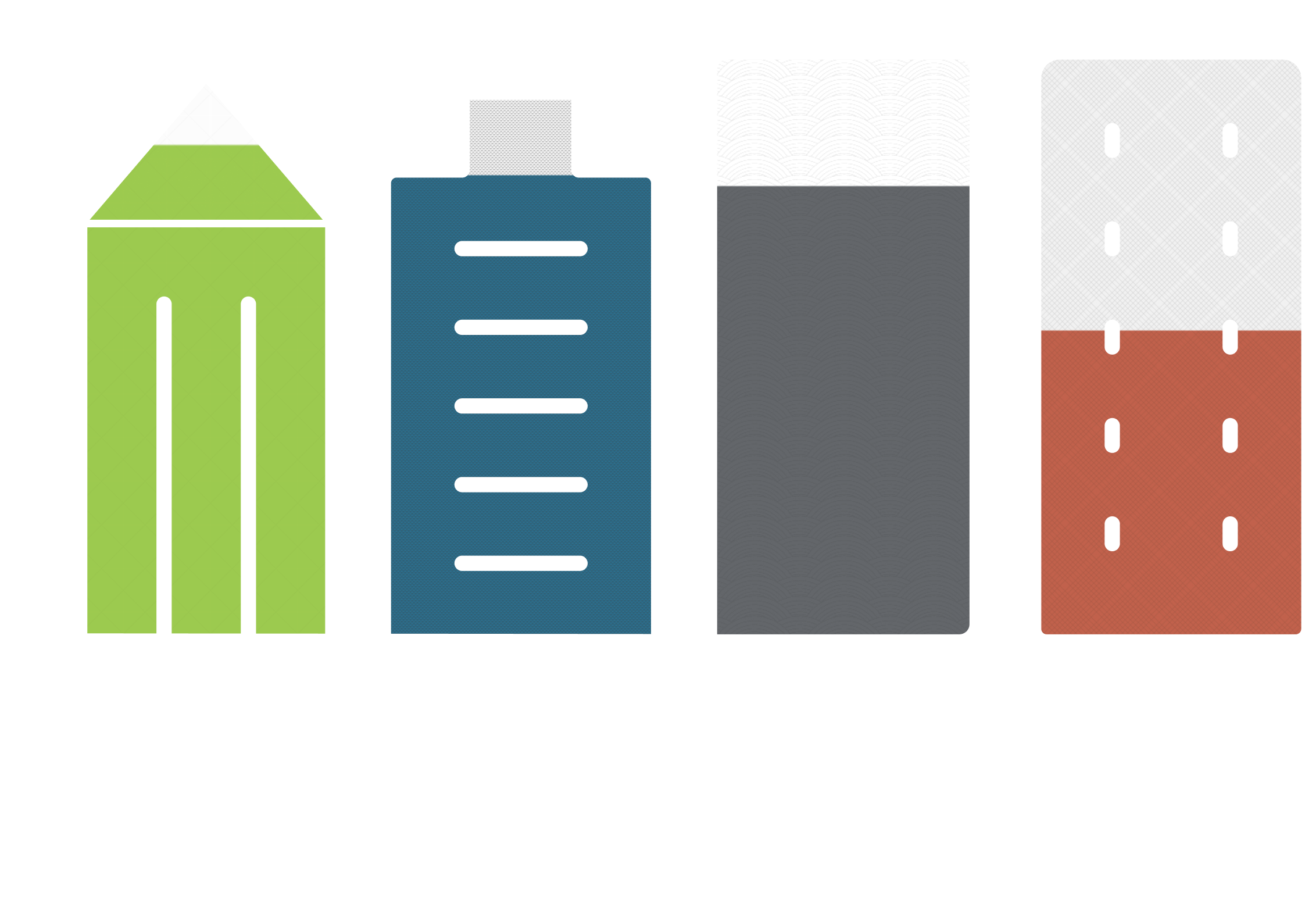
Gender non-conforming (GNC) and LGBTQ+ respondents were employed full-time at disproportionately lower rates than their cisgender/non-LGBTQ+ identifying counterparts.
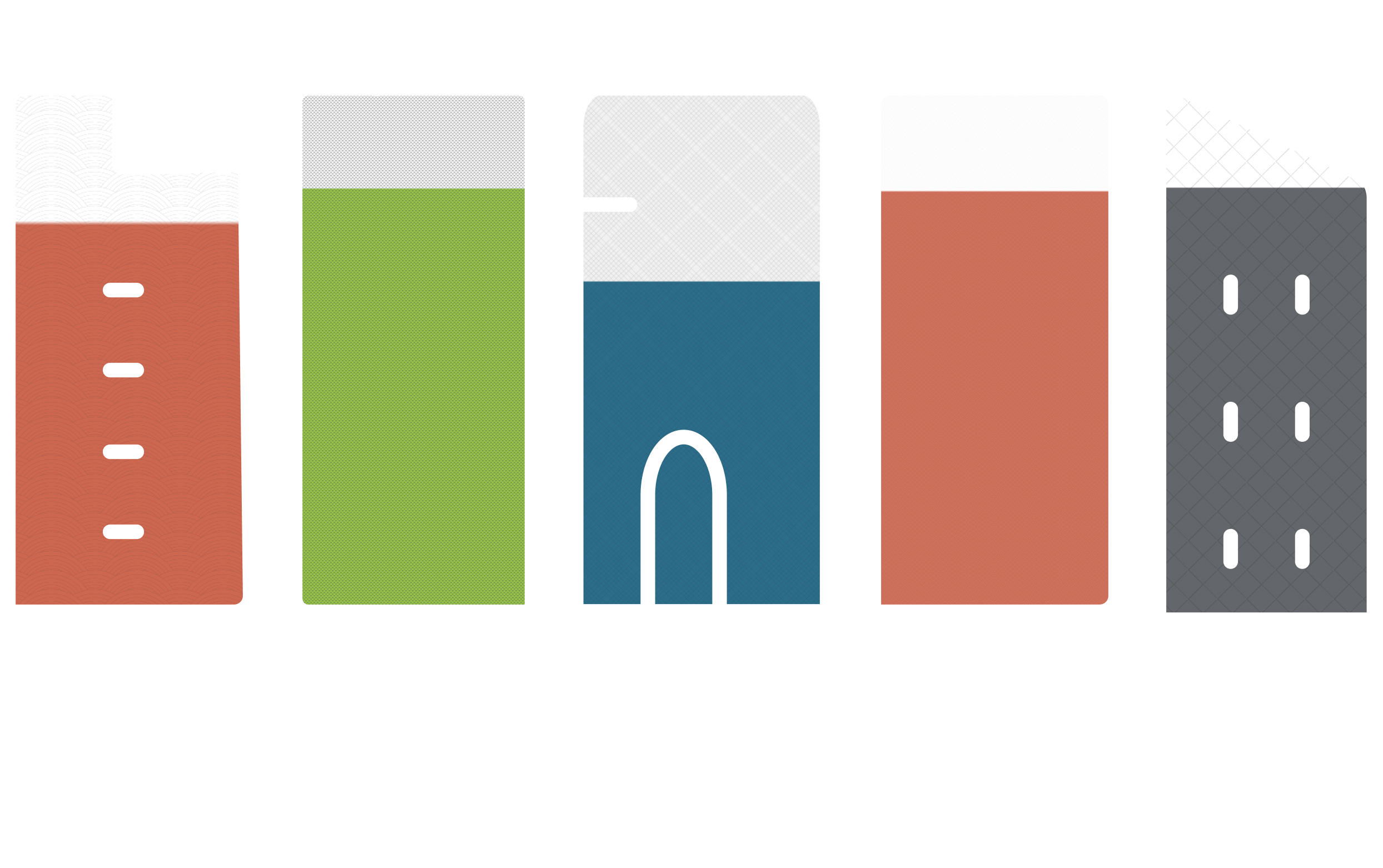
In 2019, BIPOC respondents described their place of employment as "diverse," "inclusive," "caring," and "improving" at significantly lower rates than white respondents — and described their workplace as “toxic” more often than white respondents.
In 2020, we explored this toxicity more deeply by looking at different elements that contribute to toxic, exclusive work environments. We found a higher rate of cis women respondents and gender non-conforming folks had negative experiences:
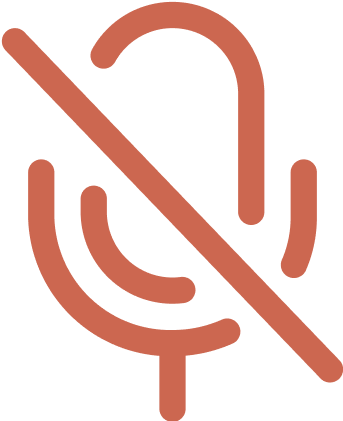
23%of women respondents felt like their ideas were frequently/very frequently ignored, overlooked or unattributed
Women respondents felt like their ideas were frequently/very frequently ignored, overlooked or unattributed while just 10% of men felt this way. A larger proportion of non-cis respondents reported that their identities were erased at work and that they were asked to educate others about their identity.
Similarly, BIPOC respondents reported similar experiences at significantly higher rates than white respondents:
Having ideas ignored/overlooked/unattributed is the biggest problem for marginalized groups in tech because it is not overt and can hide behind many excuses,which make it hard to call out as a real problem. Without recognition for one's ideas and the ability to enact change, it is impossible to become visible in an organization, gain opportunities, and be fairly compensated as a result.
The majority of respondents feel that employers’ handling of workplace harassment has gotten better over time. 89% of respondents over 55 reported feeling this way. 83% of total respondents shared they are likely to report workplace harassment.
We believe that historically, workplace harassment has gone under-reported, possibly due to embarrassment, fear of retaliation or an expectation that reporting it won’t have an impact. This year’s data point is promising, and tells us that the more we openly talk about workplace harassment, the more likely people are to report the behavior and employers will address it properly. We took a deep dive into workplace harassment in our 2018 State of the Community Survey analysis.
Significantly more men than women (26% vs. 13%) have no problem asking for a raise.
Significantly more women respondents (15% vs. 6% of men) responded that they would not ask for a raise because they are concerned about retaliation.
In 2019, transgender participants were half as likely as their CIS counterparts to feel comfortable asking for a raise. We noticed a marginal improvement in their confidence to ask for a raise in 2020.

My company is 100% diverse/LGBTQ-owned and operated. Diversity is in its DNA and we strive to live our mission through such a lens.
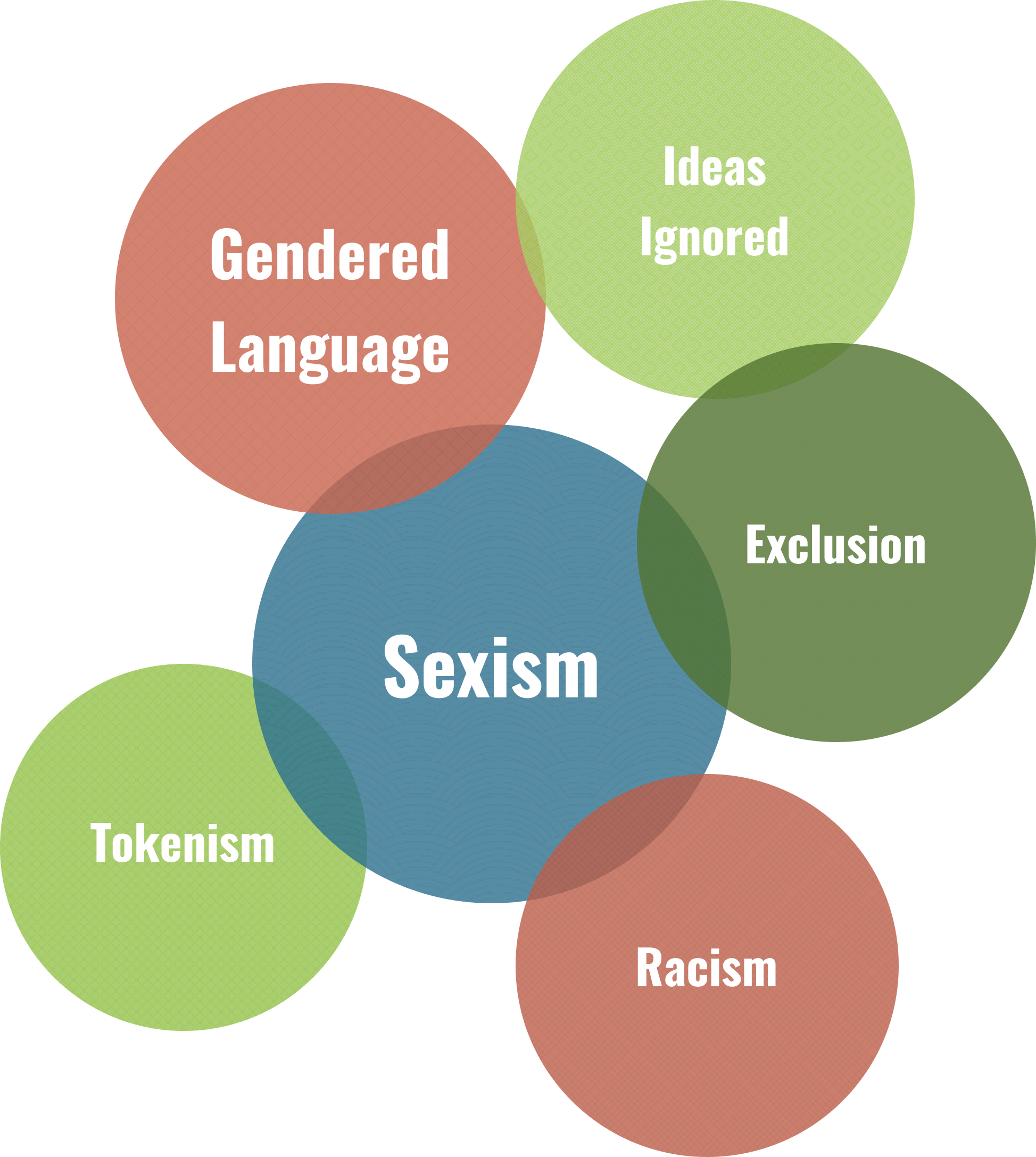
I am embarrassed at the lack of willingness to change vocabulary from old, outdated, racist tech terms to newer more inclusive language.
Last year we looked closely at whether DEI initiatives were actually successful and resonating with BIPOC and GNC, populations these groups should ideally be prioritizing. Unfortunately, we found that white cisgender individuals (a.k.a. not BIPOC or GNC folks) were far more pleased with the DEI efforts at their company than their BIPOC and/or GNC counterparts.
We are seeing potential indicators that more BIPOC respondents would recommend folks from underrepresented communities to join their company (71% of respondents said yes to this question in 2020, compared to 30% in 2019). This is a dramatic increase, but the lack of BIPOC responses this year compared to last must be considered when comparing these two datasets.
While there seems to be some improvement with respondents explicitly saying they would recommend underrepresented communities to join their company, we still see that twice the rate of BIPOC participants (15% in 2020 vs 7% in 2019) would not recommend folks from underrepresented communities to join their company, indicating that there is more work to be done on the inclusion front.
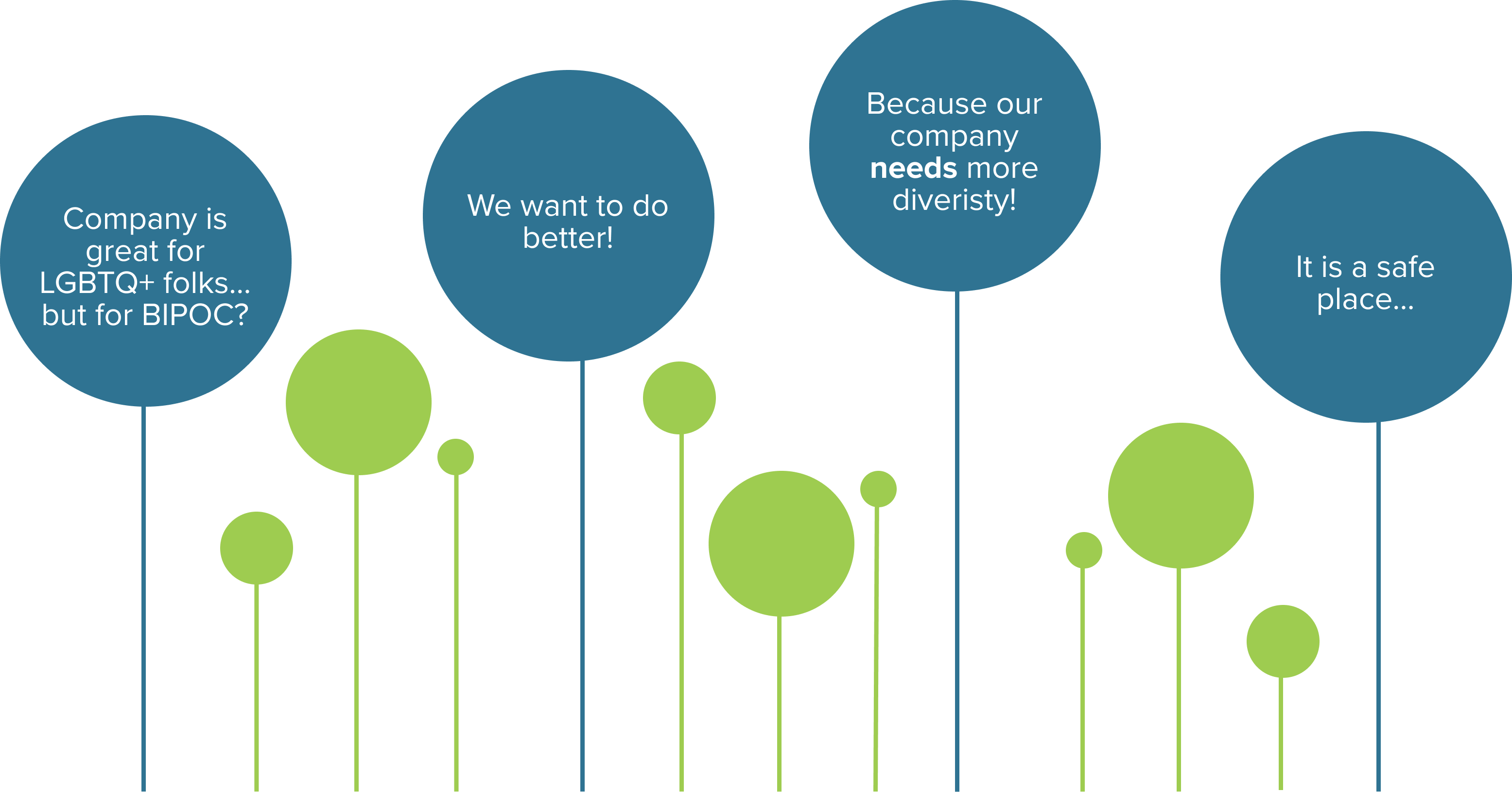
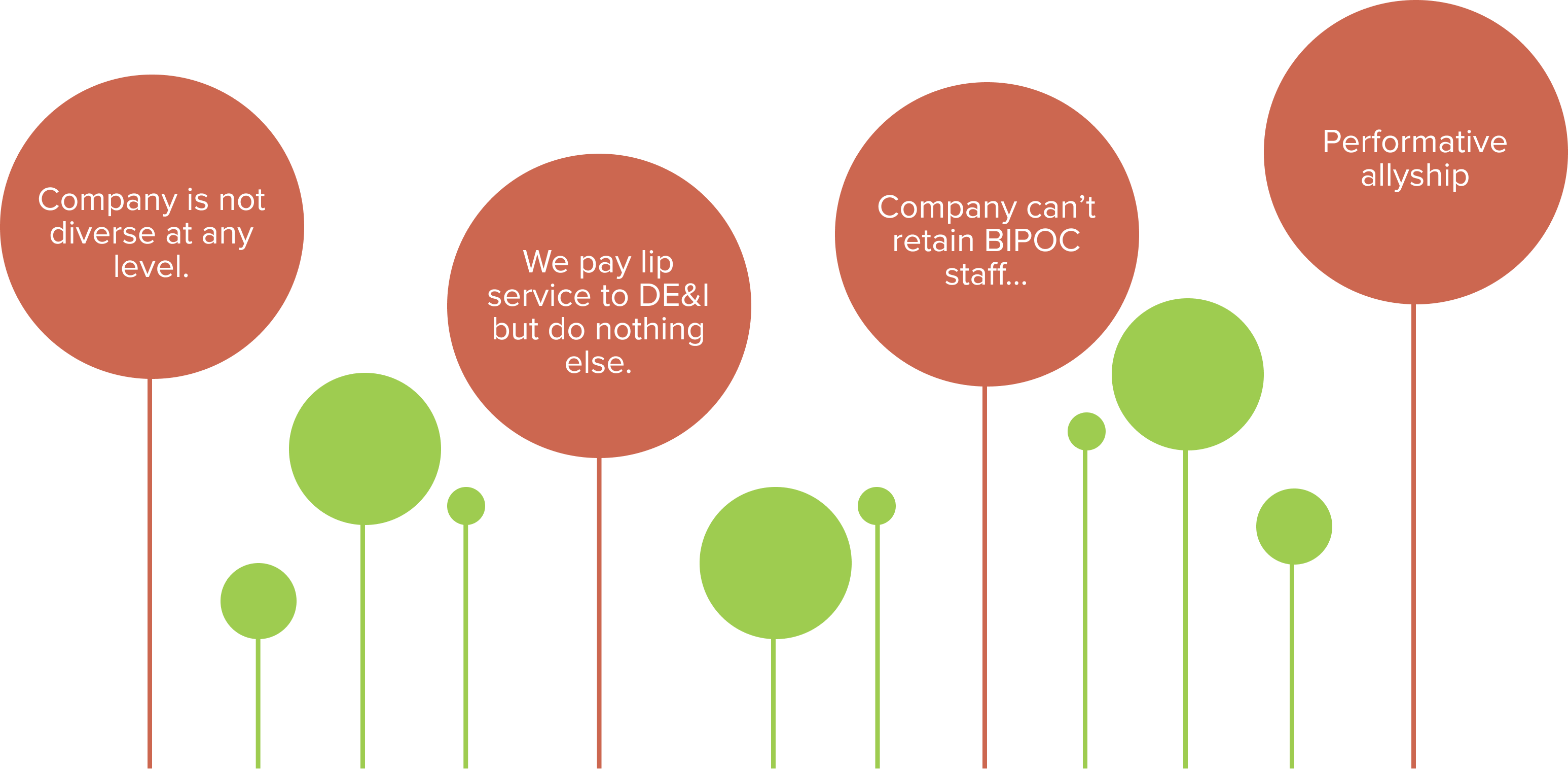
We have had to remove & water down social posts supporting BLM to be ‘less polarizing’. Some improvements have been made, but like many other organizations it feels more like a PR move than an actual commitment to educate and modify behaviors.
At work, it feels like ‘business as usual.’ Whether economic depression or racial injustice, the world is not ‘business as usual’ and it feels inauthentic and ridiculous to go to work and talk around this.
With an over-representation of cisgender white women in the survey, this year’s dataset is not representative of the demographics PDXWIT aims to support the most. It has further validated the hypothesis we hold as an organization that DEI efforts, including those advanced by PDXWIT, are continuing to serve those who experience the least hardship in the industry and not those who need it the most.
One of the biggest takeaways from this year’s experience is that PDXWIT and tech companies at large need to stop looking for quick and easy fixes to solve the lack of diversity, equity and inclusion in tech. We need to become more introspective, open to community feedback (particularly from the communities we wish to serve), and redefine our metrics of success.
We need to be comfortable with adjusting our plans, taking our time and not rushing for outcomes in the way we have in the past. Urgency is a trait of white supremacy and while we exist in a fast-moving industry, we have learned that progress around equity and inclusion takes time and often is without immediate tangible rewards.
We at PDXWIT are more committed than ever to live up to our mission to dismantle inequities and pave pathways for marginalized folks to enter, stay and thrive in tech. In addition to showing our work, here are a few actions we have taken in 2020 and will continue to build on in 2021 in response to this survey data:
Rewrite our mission statement to ensure it accurately reflects what we are actually here to do with an emphasis on inclusivity and addressing the inherent advantage (or privilege) it takes to access the industry.
Collect baseline data to understand demographics of PDXWIT participants, volunteers and paid staff. Once we know who we are engaging (and more importantly, who we are not engaging) we can begin to address where we are falling short.
Target our investments — community fund as well as staff and leadership time — towards programming for specific marginalized communities.
Cultivate meaningful relationships with sister organizations in Portland and nationally to listen and understand which initiatives we need to prioritize in 2021 so we can create a significant impact in those specific communities.
Here are a few of our recommendations for leaders and people passionate about DEI in tech companies:
Continue to challenge your leadership on the authenticity and transparency of their DEI efforts. Nothing is more demoralizing to marginalized employees than performative gestures.
Compensate employees who are going above and beyond in creating safe spaces for minority groups (like ERGs). These are often unpaid roles.
Your efforts towards increasing DEI in your organization don’t start and end with better hiring practices. Continue to invest in training across the organization to make a concerted effort towards educating and reducing marginalizing behaviors.
Work-life balance has taken a new meaning as employees transitioned to working from home. Employers need to continue to prioritize benefits and resources to overcome the challenges that this distributed working environment poses.
This work takes time. This work is messy. And there’s no finish line. We are committed to the long haul. We hope you’re with us.
The State of the Community survey is a collaboration between PDXWIT, Anastasia Nylund Consulting LLC, SurveyMonkey, Ilana Davis LLC and a dedicated team of volunteers. The survey was launched in June 2020 and remained open for over four weeks. It was distributed organically through community members via internal slack groups, mailing lists and social media.
Founded in 2012, PDXWIT is a 501c3 non-profit that exists to encourage those who identify as women, non-binary and underrepresented to join tech and support and empower them to stay in tech. PDXWIT provides over 60 free educational and networking events to over 2000 individuals annually as well as professional development scholarships, support for job seekers, and meaningful mentorship.